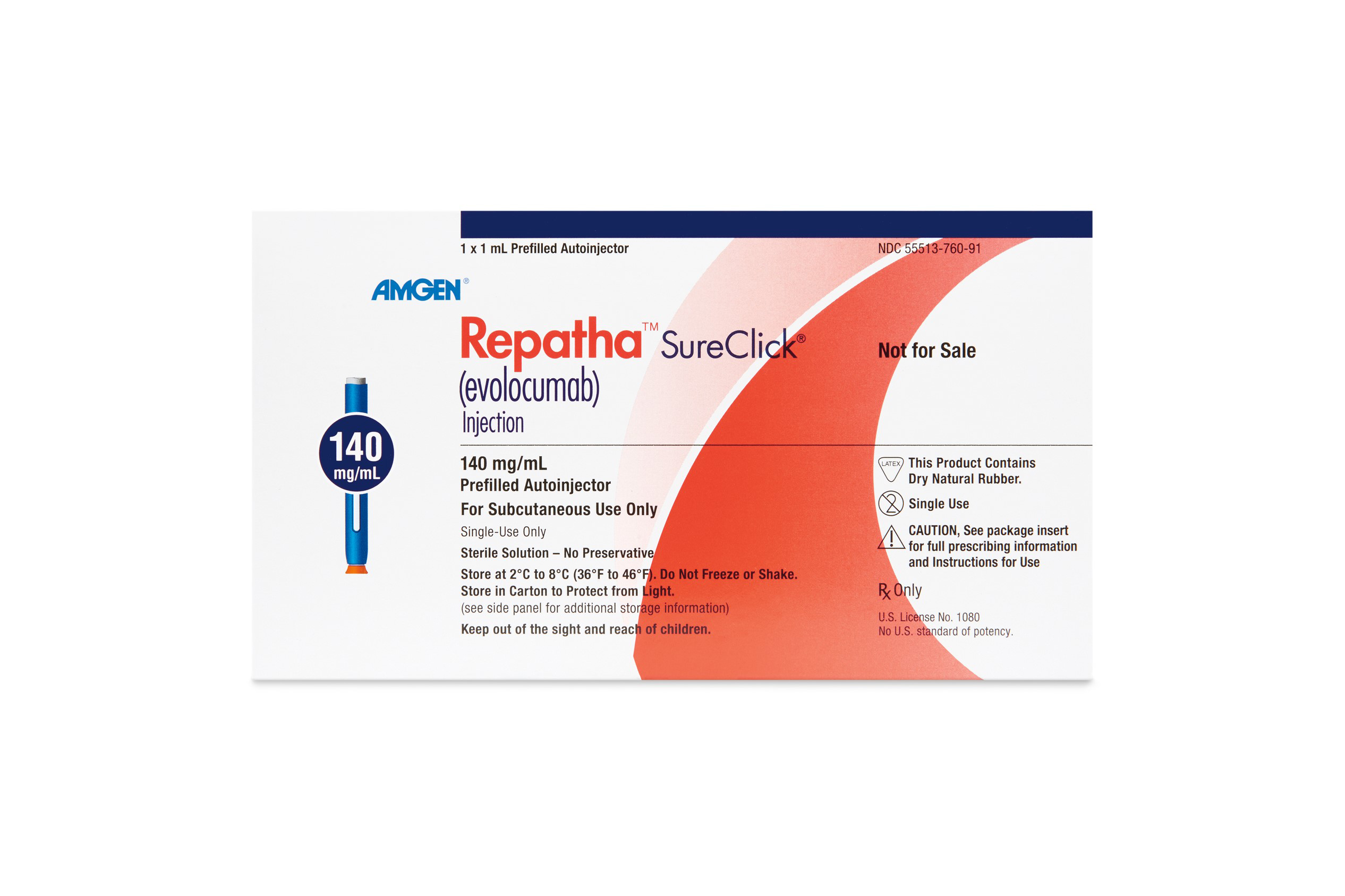Most people know that high cholesterol is bad for your health, but just how serious are the consequences? To highlight the strong correlation between high cholesterol levels and an increased risk for cardiovascular disease, pharmaceutical company Amgen put a familiar face on their new cholesterol campaign.
Jay Leno, comedian and former “Tonight Show” host, plays both patient and paramedic in the video ad, Cholesterol911. Leno the paramedic points to a passing car (also himself) saying people like that are “blissfully unaware”: they know they have high cholesterol, but they haven’t had any health problems. Meanwhile, Leno the patient informs the viewer that he’s never had a heart attack or stroke despite his high cholesterol levels, but he, like others, should do what they can to lower their levels.
Although Leno has a deep love for cars, he says he does not want to end up riding in the back of an ambulance anytime soon.
The ad may hit home to millions of Americans who have high cholesterol levels. Through dietary changes, increased exercise and medication, people can lower their cholesterol levels and thus their risk of heart disease. However, lifestyle changes might not be enough for someone who’s previously had a heart attack or stroke.
“A patient’s risk for a subsequent cardiovascular event is at its highest in the year following their initial event,” said Murdo Gordon, Executive Vice President of Global Commercial Operations at Amgen in a press release. “We hope the initiative empowers patients at high risk to understand their LDL-C levels and talk with their doctor about additional treatment options, including therapies that can reduce the risk of heart attack and stroke.”
While some might be aware of the risks but are not proactive in changing their habits, others are unaware altogether. In fact, a recent article published in the Journal of the American Heart Association indicated that only 10 percent of young women aged 15 to 24 years acknowledged that heart disease is a leading cause of death among women. The authors reiterate that heart disease isn’t a problem of the elderly; you can begin lowering your risk by practicing healthy behaviors when you’re young.
One strategy could be eating fewer eggs each week. Researchers from Northwestern Medicine concluded that eating America’s favorite breakfast item 3-4 times a week can increase the risk of cardiovascular disease by six percent. One egg yolk contains about 186 mg of cholesterol, about 62 percent of the daily recommended dietary intake in the former edition of the American Dietary Guidelines. However, the 2015-2020 edition simply tells Americans to “eat as little dietary cholesterol as possible”.
A spokeswoman from Amgen told FiercePharma that the new campaign brings “urgency to this message” and is intended for those who are at high risk of heart disease and people who have had a previous cardiovascular event.
The new campaign might boost sales of Amgen’s cholesterol-lowering drug Repatha, which gained US Food and Drug Administration (FDA) approval in 2017. Total net sales for Repatha increased 62 percent from Q4 2017 to Q4 2018, with $104 million in sales coming from the US alone. In October, the company also reduced Repatha’s list price by 60 percent to make it more affordable to patients.
Leno isn’t the first celebrity to bring high cholesterol into the spotlight. In 2018, Howie Mandel, actor, comedian and host of “American’s Got Talent”, partnered with Kowa Pharmaceuticals to launch the Take Cholesterol to Heart campaign.
Known for his sensible humor, Mandel makes no jokes when it comes to getting the cholesterol conversation started with your doctor. In a two-minute clip, Mandel describes the importance of talking to one’s doctor about how to lower cholesterol using medications that are suitable for you.
These celebrity-driven ad campaigns may encourage more people to take high cholesterol seriously and start working towards a healthier life.












Join or login to leave a comment
JOIN LOGIN